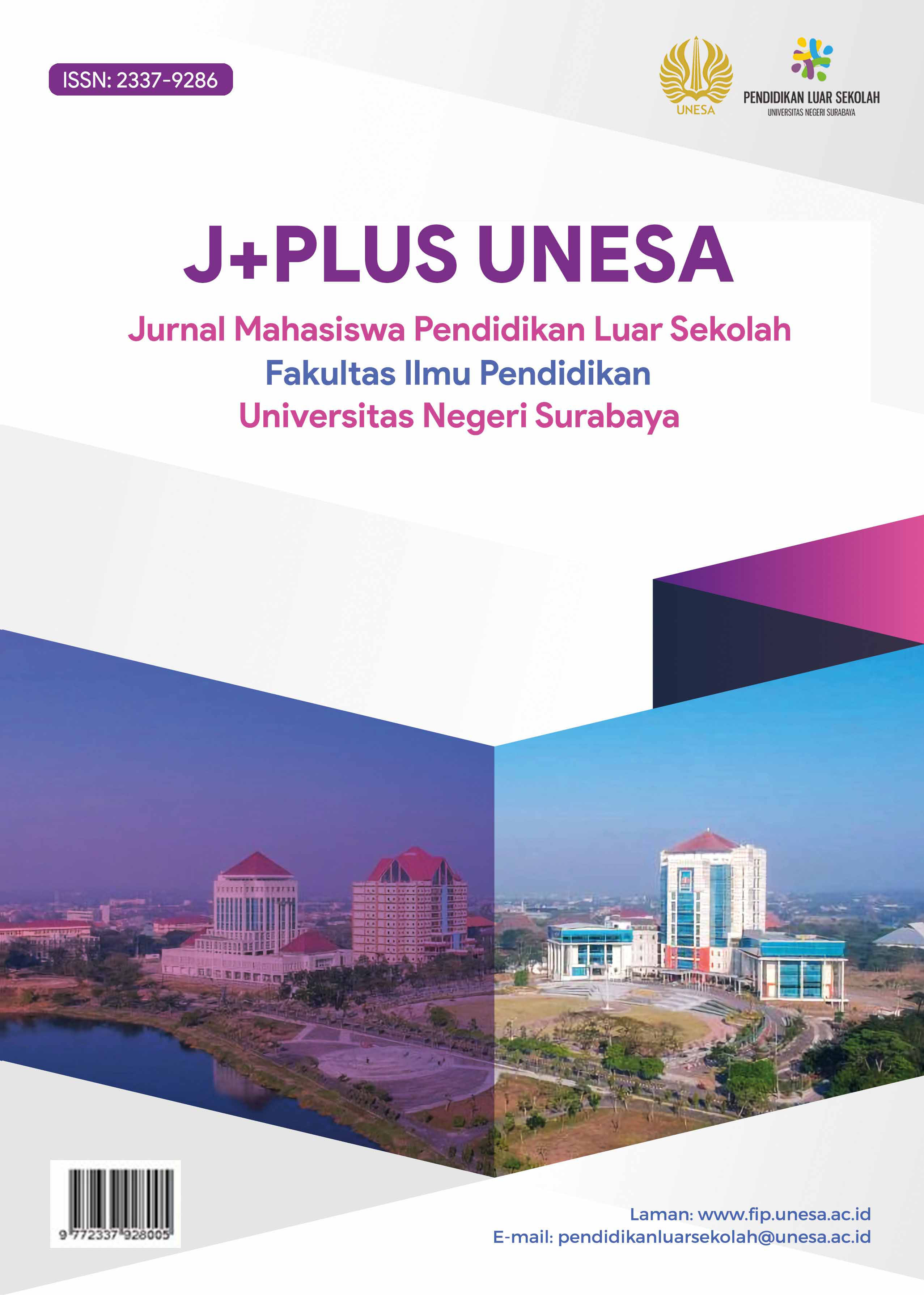Peran Pengasuh dalam Mengembangkan Kecerdasan Interpersonal Anak Asuh (7-12 tahun) di LKSA Bismar Al-Mustaqim
Abstract
The purpose of this study was to examine the role of the Bismar Al Mustaqim LKSA orphanage in developing foster children's interpersonal intelligence, what are the inhibiting factors for caregivers in developing foster children's interpersonal intelligence, and what efforts are being made to overcome the inhibiting factors of caregivers in developing children's interpersonal intelligence foster. The approach taken in this study is a qualitative method. Data sources are caregiver coordinators, male caregivers, female caregivers, mentors, foster children. The data collection techniques applied were participatory observation, in-depth interviews, and documentation. The results of this study indicate that the role of caregivers in developing foster children's interpersonal intelligence is to become a figure of (a) a substitute parent or authority in implementing parenting, guiding, providing affection and motivation, (b) as a teacher or authority in providing education and guidance for foster children in developing their interpersonal intelligence, and as (c) a facilitator, or authorized to facilitate foster children in supporting the process of developing their interpersonal intelligence. Inhibiting factors in the development of interpersonal intelligence in foster children consist of internal factors or factors originating from oneself (parental burnout, low self-efficacy, and age) and external factors (previous parenting style, child's character, and the surrounding environment).
Downloads
Downloads
Published
How to Cite
Issue
Section
 Abstract views: 124
,
Abstract views: 124
, PDF Downloads: 77
PDF Downloads: 77








